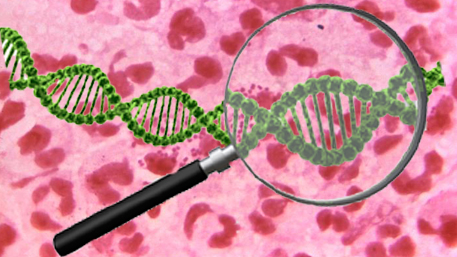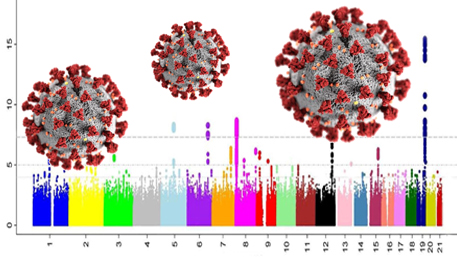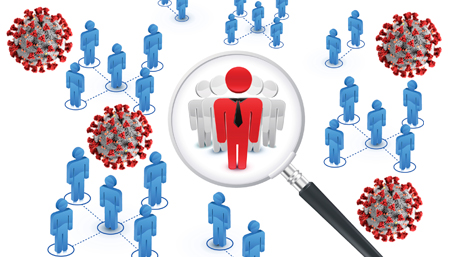Category: genomics
Genomic Medicine is Here: We Need More Data on Implementation and Outcomes

The use of genomic tests in clinical research and practice continues to accelerate in the United States and around the world. For almost a decade, the Genetic Testing Registry (GTR) at the National Institutes of Health has continued to track the growth and development of genomic tests. As of October 28, the GTR lists 76,835 Read More >
Posted on by 1 CommentPrecision Medicine in Action: How can we make cascade screening for hereditary conditions work best in the real world?

If someone in your family were diagnosed with a genetic condition, would you want to be tested for that condition as well? For some disorders, like Huntington’s disease, for which there are no means available for prevention or cure, the question can be extremely difficult to answer. However, with many other conditions (for example familial Read More >
Posted on byA Strong Start: Enhancing Newborn Screening for Precision Public Health

As the capability to sequence an individual’s genome or exome continues to expand—and the cost continues to fall—more states are considering how next generation sequencing (NGS) could support their newborn screening programs, which test approximately four million babies born in the United States each year for congenital, treatable diseases. Results from NGS can help enhance Read More >
Posted on byHow Accessible Are Genetics Providers and How Can Access Be Increased?

The increase in clinical genetic testing, as well as direct-to-consumer testing, means a growing demand for genetic counseling services, which are often provided by genetic counselors. If patients are referred for genetic counseling, what barriers might they face in accessing these services? How can genetic counselors help address these barriers? Lack of State Licensure Currently, Read More >
Posted on byAre We Ready for Population Screening for Hereditary Hemochromatosis?

Hereditary Hemochromatosis (HH) is an inherited iron storage disorder in which the body builds up too much iron, damaging tissues and organs. In most people, HH is caused by two copies of a specific change (mutation) in the HFE gene which is most commonly found in people of European ancestry. In the United States, over Read More >
Posted on by 1 CommentArtificial Intelligence, Public Trust, and Public Health

As a data-driven agency, CDC has always had highly skilled statisticians and data scientists. As part of the Data Modernization Initiative, CDC is supporting strategic innovations in data science using artificial intelligence and machine learning (Ai/ML). Ai/ML is the practice of using mathematics with computers to learn from a wide range of data and make Read More >
Posted on byWhole Genome Sequencing (WGS) versus the gonococcus: How CDC scientists are using WGS to beat antibiotic resistant gonorrhea

Since 1995, when the first high-quality bacterial genome was completed using Sanger sequencing, the number of publicly available bacterial whole genome sequences (WGS) has grown exponentially, due to advances in next-generation (and now third generation) sequencing technology. The first bacteria sequenced using next-generation technologies included very few that cause sexually transmitted infections (STI) like Chlamydia trachomatis, Read More >
Posted on byThe Road Ahead for Genomics Research: From Technology to Population Health Impact

We often reflect on the promise, progress and challenges in the translation of genomics research into population health benefits. A recent commentary in Nature Reviews Genetics featured 12 key scientific challenges and opportunities in the field. Leading scientists took stock of the current state of science and discussed needed research in the next few years Read More >
Posted on byBarriers and Facilitators to Recruiting Study Participants in Host Genomic Studies

Host genomic studies play an important part in understanding disease susceptibility, severity, and outcomes. These studies require a minimum number of participants to ensure statistical power. Participation barriers and facilitators must be considered in order to effectively recruit a suitable number and diversity of eligible participants. The COVID-19 host genetics initiative aims to explain the Read More >
Posted on byPrecision Public Health and the COVID-19 Response

This blog is a summary of our recent paper in the Journal of the American Association. The public health response to COVID-19 requires a mix of general and targeted public health interventions, i.e., precision public health. Precision public health uses data from traditional and emerging sources to target interventions for populations by person, place, and Read More >
Posted on by 1 Comment

